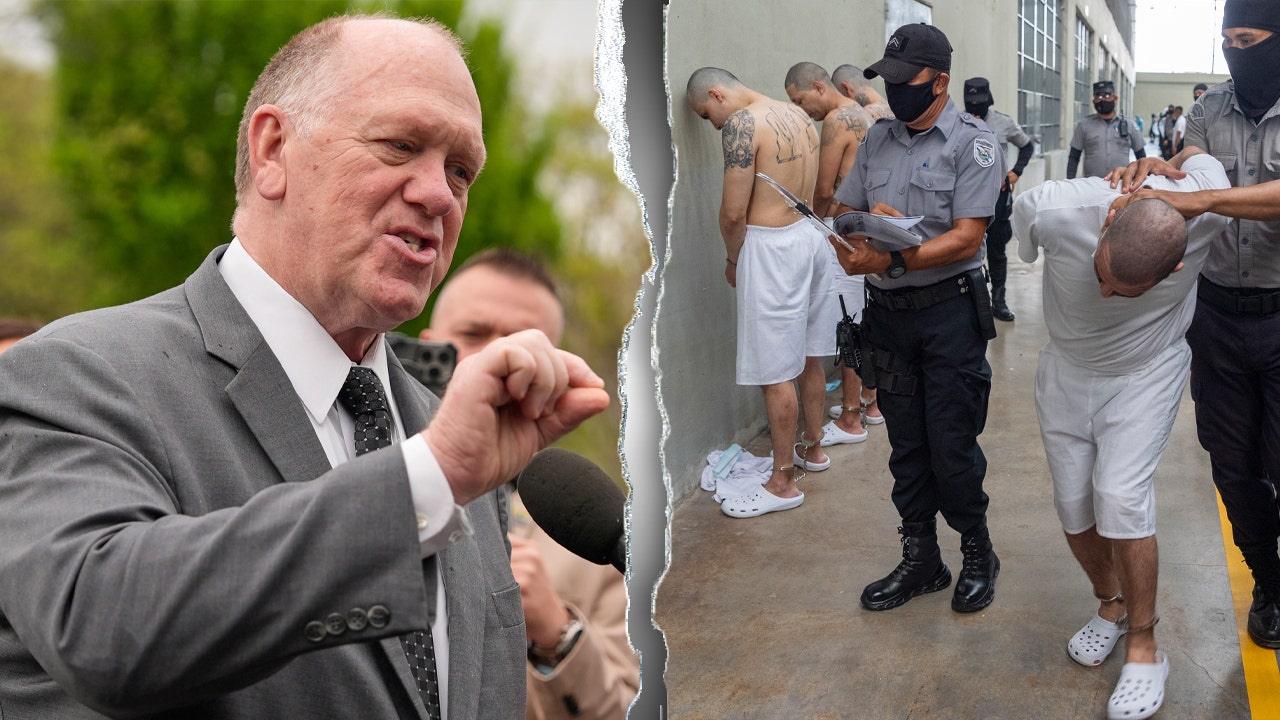With less than two weeks until the presidential election, voting is already underway in several states.
Zero Hedge reported that 76% of U.S. adults support early voting, signaling broad approval for policies that make it easier to cast a ballot.
However, two other policies garner even more support: 84% of Americans favor requiring photo identification to vote, and 83% back the idea of showing proof of citizenship when registering to vote for the first time.
Most Americans favor ID and proof of citizenship for voting, at 84 and 83 percent respectively.
Follow: @AFpost pic.twitter.com/Wb81Y6y4f6
— AF Post (@AFpost) October 24, 2024
Now Available: Trump ‘Keep Fighting’ Bobblehead
Other policies, while still popular, see less unanimous backing.
Sixty percent of Americans support automatic voter registration, a system that registers citizens when they interact with state agencies, like the Department of Motor Vehicles. Similarly, 60% favor sending absentee ballot applications to all eligible voters.
On the flip side, Americans strongly oppose purging voter rolls after five years of inactivity (64%) and limiting the number of absentee ballot drop boxes (58%).
A recent Gallup poll, conducted from October 1-12, reveals that attitudes toward election laws have remained consistent since last year.
One new measure this year is public opinion on requiring proof of citizenship when registering to vote for the first time, which has gained significant traction.
Today, 47 states and Washington, D.C. allow early voting, and 36 states require some form of voter identification.
Automatic voter registration is in place in about half the states, while all states must offer voter registration through motor vehicle offices and other state agencies under federal law.
Despite federal requirements for accurate voter rolls, enforcement and other details—like the availability of drop boxes—are left to individual states.
Here’s the breakdown by party affiliation
Two-thirds of Democrats support both requiring proof of citizenship and providing photo ID to vote pic.twitter.com/xXNkahkmF1
— Ryan Saavedra (@RealSaavedra) October 24, 2024
The issue of requiring proof of citizenship to vote has sparked controversy. While a few states have implemented such laws, they have faced legal challenges.
In July, the Republican-controlled House passed a bill mandating proof of citizenship for federal elections, but the Senate has not yet acted on it.
As expected, opinions on election laws are divided along party lines.
Democrats overwhelmingly favor policies that expand voting access, such as early voting, automatic registration, and sending absentee ballot applications to all voters.

Republicans, meanwhile, support measures that ensure only eligible citizens vote, including proof of citizenship and voter ID laws. While early voting enjoys majority support among Republicans, it remains far less popular compared to Democrats.
Racial and ethnic groups also show differences in their views on election policies.
Minorities, especially Black, Hispanic, and Native American voters, are more likely to support policies that increase access to voting. White adults are more inclined to back measures like voter ID laws, proof of citizenship, and restrictions on drop boxes.
Read the full article here





![WrestleMania Superstar Roman Reigns Shocks Leftist Fans With Pro-Trump Comments [WATCH] WrestleMania Superstar Roman Reigns Shocks Leftist Fans With Pro-Trump Comments [WATCH]](https://www.boredtrashpanda.com/wp-content/uploads/2025/04/2025.04.20-07.08-boredtrashpanda-68049d641d78c.jpg)




